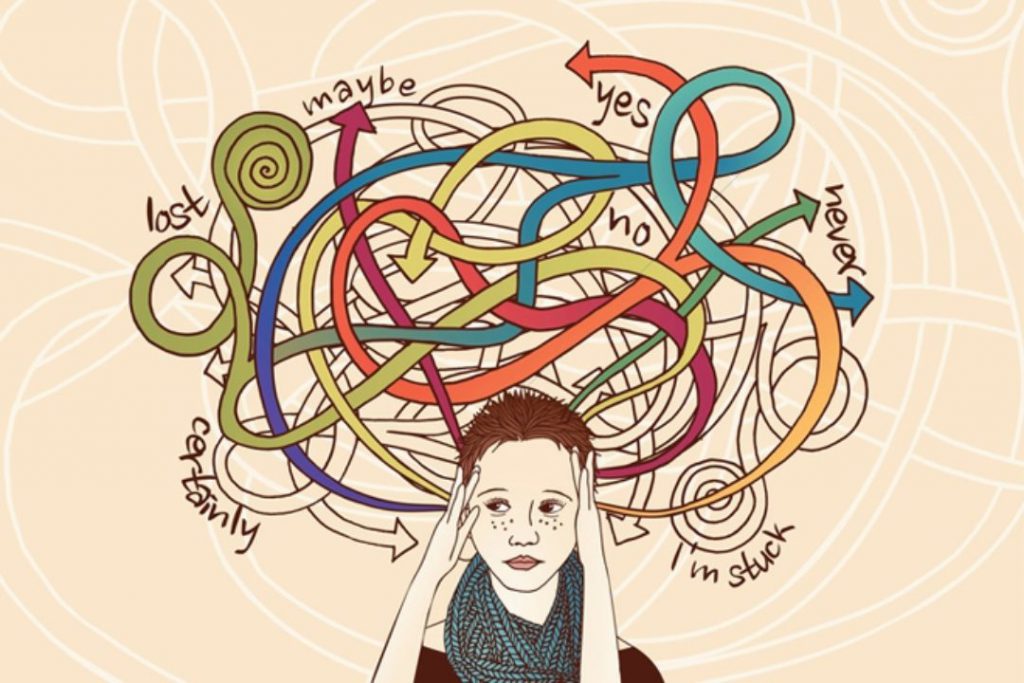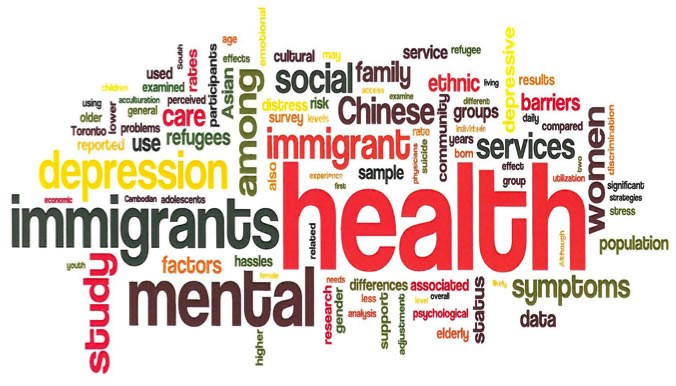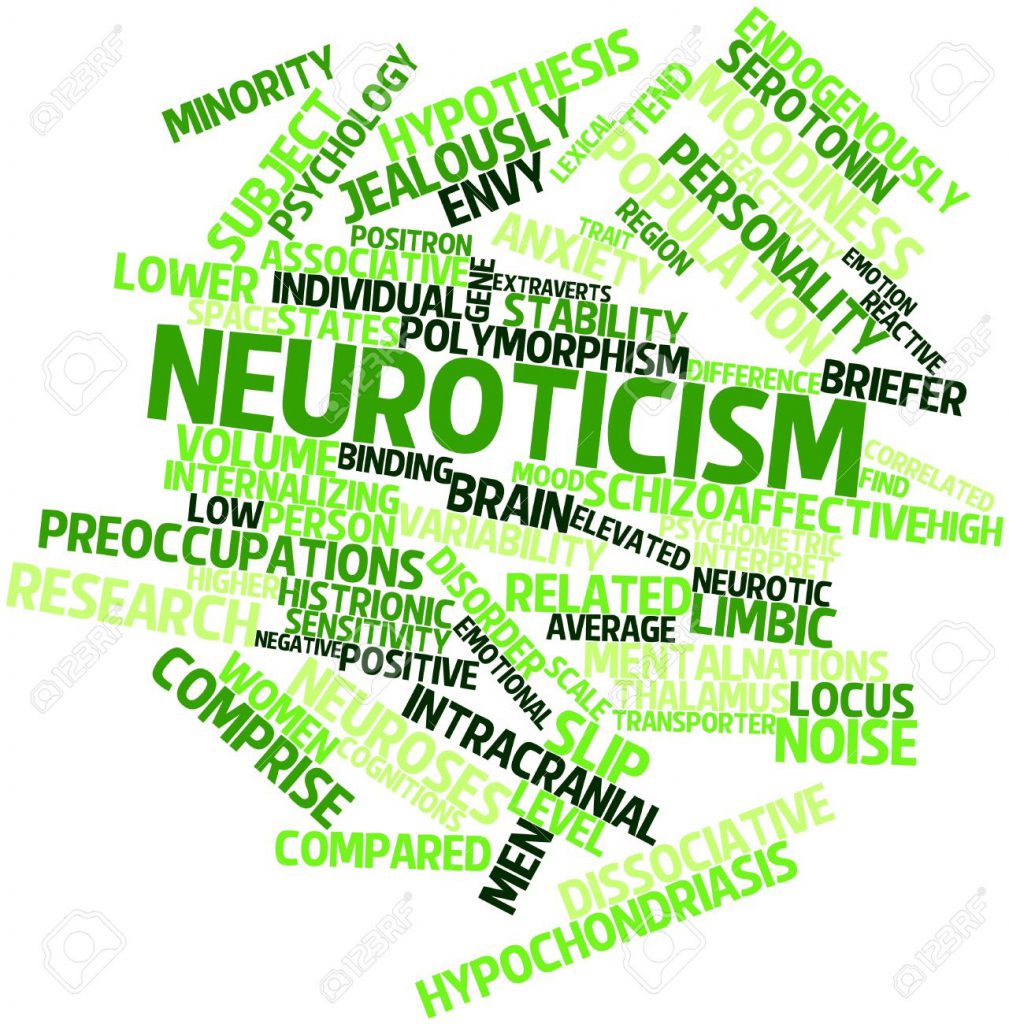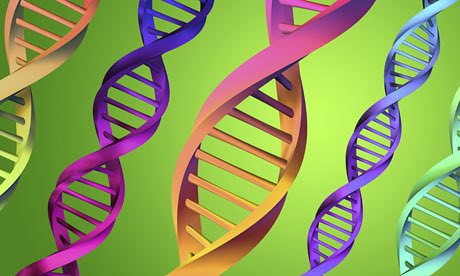
Continuing our A to Z series, Meredith [placement student] describes in this blog post the concept of mental well-being.

Continuing our A to Z series, Meredith [placement student] describes in this blog post the concept of mental well-being.

Why do some people struggle emotionally after experiencing stressful events, but not others?

Most of us have probably heard friends or family tell us to “stop overthinking things”. Is this good advice? The answer is probably yes, if what you’re doing is ruminating. Daniel fills us in on rumination, how it increases our risk of mental health problems, and what we can do…

At the end of her last blog post, Laura briefly touched upon how as well as working on the stigma surrounding mental health, a lot also needs to be done within Minority Ethnic communities. Having recently attended another talk at King’s College London: Diversity & Psychiatry: Old Battles and New…

Neuroticism is a personality trait characterised by easily experiencing negative emotions. This A-Z blog offers some highlights of what is currently known about the genetic and environmental influences on neuroticism, as well as its overlap with and relevance for psychiatric disorders.

Human beings are social species. We naturally interact and bond with other people. According to evolutionary theory, loneliness has played an important role in the survival of humans because connecting with others increases one’s chances of living (Cacioppo, Hawkley, et al., 2006). Still today, it seems that we feel lonely…

Depression is a leading cause of disability worldwide, contributing considerably to early mortality. Despite significant efforts, the genetics underlying depression has been difficult to identify and there has been limited progress in developing new treatments. Last month the largest genome-wide association study of depression was published in Nature Genetics (1)….

When we perceive threat, our bodies initiate a fight-or-flight response (Cannon, 1932). This physiological reaction – involving symptoms such as quickened heart rate – prepares us for action. Although unpleasant, it is likely that this adaptive response enabled our ancestors to run from or fight predators, and therefore to survive…

Eating disorders are complex, debilitating disorders which are commonly misunderstood. They are a result of complex interactions between innate biological factors (metabolism, brain reward processing in response to food), current state (adolescence, pregnancy, age) and the social environment (availability of different foods). The interactions of these factors lead to fluctuating…

Depression is the fifth leading cause of the global burden of disease and first leading mental health cause (Vos et al., 2017). Whilst everyone experiences sadness and perhaps even depression at times in their lives, perhaps following loss of a loved one, those with clinical depression experience symptoms that go…
Recent Comments